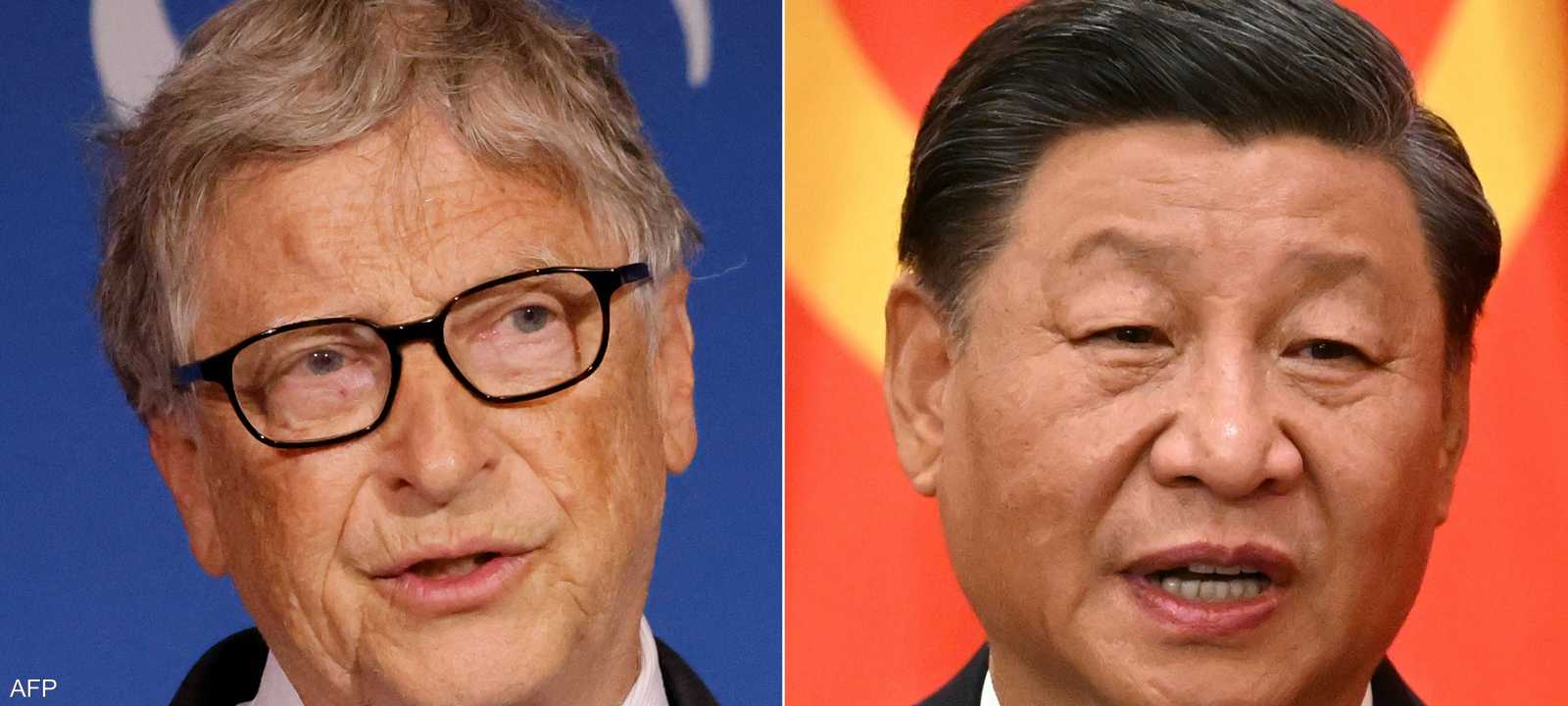
Chinese President Xi Jinping and former Microsoft CEO Bill Gates
From Elon Musk to Bill Gates to Apple CEO Tim Cook, the bosses of some of the largest U.S. conglomerates are visiting Beijing, seemingly ignoring the ongoing trade war between the U.S. and China.
Such visits were frequent before the pandemic and returned in December after the lifting of the COVID-19-related health restrictions that isolated it from the rest of the world for three years.
The visits gave the heads of the companies a chance in Beijing to express their optimism about the vast Chinese market and trade links between the world’s two largest economies.
According to China’s foreign ministry, Tesla owner Elon Musk said in late May that “the interests of the United States and China are closely linked, like a pair of inseparable twins.”
In March, Tim Cook confirmed in the Chinese capital that Apple has a “harmonious” relationship with China, which is home to the world’s largest iPhone factory.
Chinese President Xi Jinping hosted former Microsoft chief Bill Gates in unusual fashion on Friday, his first visit to China since 2019.
Xi called Gates an “old friend” and received him as one of the co-chairs of the Bill & Melinda Gates Foundation, according to the official Xinhua News Agency (Xinhua).
The visit comes amid heightened U.S.-China trade tensions, but that hasn’t stopped bilateral exchanges from reaching a record $691 billion last year, according to the U.S. Commerce Department.
Visit Blinken
U.S. companies are concerned about a slowdown in exports to China, which remains the U.S.’s third-largest trading partner. This decline has had a major impact on the technology sector.
In the name of national security, the United States has banned the export of state-of-the-art semiconductors and the components needed for their production to China starting in 2022.
Faced with these constraints, China has accelerated its efforts to achieve semiconductor independence.
The Peterson Institute for International Economics emphasizes that “US exports to China constitute an additional channel leading to the deterioration of bilateral relations”.
Many points of friction remain between Beijing and Washington, including over Taiwan and human rights, ahead of the much-anticipated weekend visit by U.S. Secretary of State Anthony Blinken.
The companies have long called for stronger U.S.-China relations, stressing that it sometimes encourages economic and political reform.
But since Mr. Xi came to power a decade ago, the debate has lost weight as China has grown politically closed, marginalizing once-very powerful groups.
“These companies are increasingly becoming a minority. The business community is one of the last lifelines contributing to the stability of Sino-U.S. relations,” said Joe Mazur, an analyst at China-based Trivium.
move to another location
The Chinese business community will follow Blinken’s visit with great interest.
“US companies have invested heavily in China, have thousands of employees, and see China as a promising market,” James Zimmerman, former president of the American Chamber of Commerce in China, told AFP.
But he added that the US and Chinese governments had “eliminated any possibility of cooperation”.
The U.S.-China Business Council, which opposes trade sanctions and is tasked with promoting bilateral trade, feels sidelined by the U.S. Congress, which has become increasingly aggressive with Beijing.
Chinese authorities have raised concerns in recent times by restricting the possibility of extracting data from within the country and conducting raids on the offices of consulting firms, especially American ones.
“Things are changing,” said Claire Shaw, an analyst at British intelligence firm Janes. “Many companies are saying, ‘We haven’t decided to leave China yet, but we have to start thinking about it.'”
Like Apple, many global giants are rethinking their dependence on China.
“Ten years ago someone said you should absolutely be in China, but today it’s more correct to think about a relocation strategy,” Zimmerman said.
